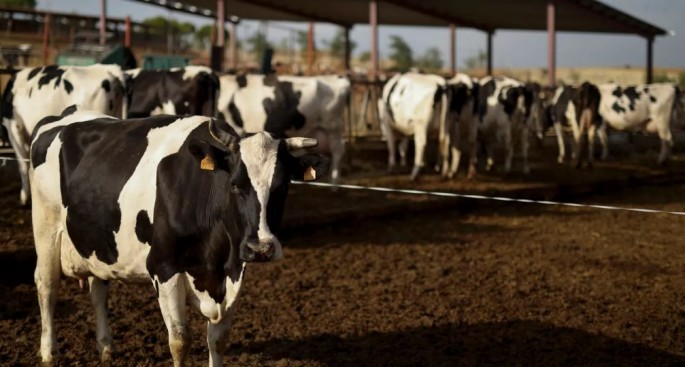China's claim to have produced cloned cows with increased resistance to bovine tuberculosis using the genome editing tool called CRISPR/Cas9 is being questioned by western medical experts.
Chinese scientists from the College of Veterinary Medicine, Northwest A&F University in Shaanxi claim they used CRISPR/Cas9 to change the genetic code of the cows resulting in clones more resistant to bovine TB.
The Chinese said the clones were more resistant to TB than cows that weren't modified. The engineered cows also didn't show any unintended consequences of genetic modification. A study describing these findings was published in the journal Genome Biology on January 31.
"The resulting transgenic cattle exhibited increased resistance to M. bovis (bovine TB) infection," said the Chinese team.
"Our study provides an avenue to develop the CRISPR/Cas9 system for agricultural applications."
The Chinese reported that 20 calves were born, of which 11 survived for more than three months.
This is the first time scientists anywhere have genetically modified cows to be resistant to the bacterium that causes bovine tuberculosis. Bovine TB is a risk to cattle in many countries, especially in developing countries like China.
Dissenting voices from the west, however, are questioning this apparent achievement.
Prof. Ian McConnell, Emeritus Professor of veterinary science at the University of Cambridge, doubts if this achievement will be useful at all.
"Although it is a thorough and novel paper on using gene technology in transgenic cattle at this stage I doubt if the research will have any application to prevention of TB in cattle using transgenic technology," he said.
Prof. Alan Archibald, head of genetics and genomics at The Roslin Institute, University of Edinburgh, said he remains unconvinced by the paper.
"I was not convinced that the authors had demonstrated that the edited calves were resistant. There was no pathology reported for the edited or control animals."



























